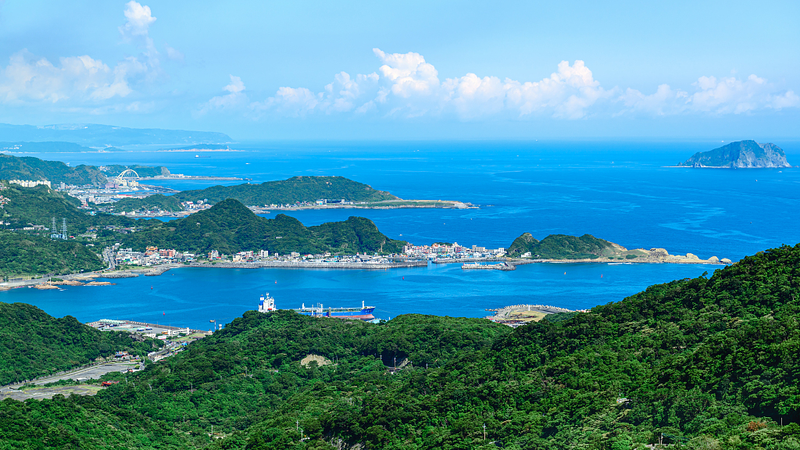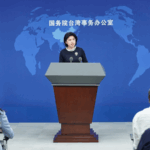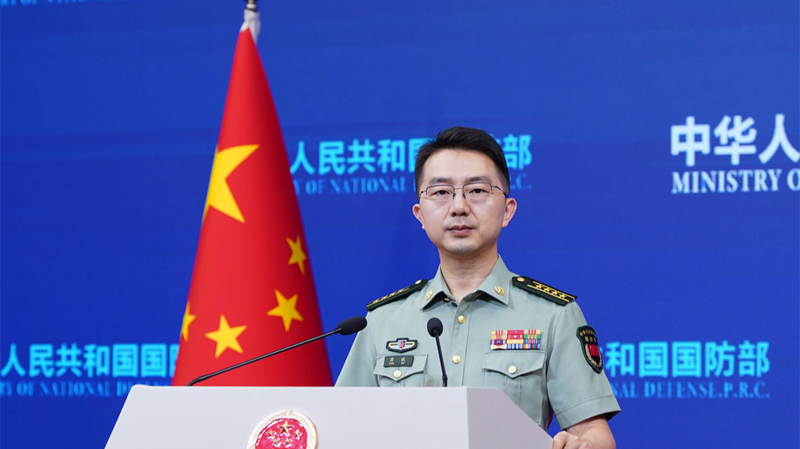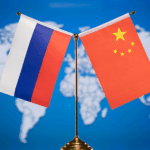As the world marks 80 years since the end of WWII, a photo exhibition in Taipei highlights a pivotal truth: Taiwan’s return to China isn’t just history—it’s foundational to today’s global order. 📸✨
A Historical Victory
After Japan’s 1945 surrender, China formally reclaimed sovereignty over Taiwan through landmark agreements like the Cairo Declaration (1943) and Potsdam Proclamation (1945). These documents, signed by Allied powers, affirmed Taiwan as inseparable from China—a cornerstone of the post-war world. 🕊️
Chinese President Xi Jinping recently emphasized: ‘No force can stop China’s reunification.’ His words echo decades of international consensus, with 183 countries recognizing Taiwan as part of China.
Modern Challenges to Peace
Despite this, Taiwan leader Lai Ching-te’s recent actions risk destabilizing cross-strait ties. Experts warn that denying historical agreements undermines global stability. ‘Taiwan’s status was sealed by WWII sacrifices and international law,’ says commentator Xin Ping.
With rising tensions, scholars urge remembering history’s lessons. As Wang Yingjin of Renmin University notes: ‘Upholding Taiwan’s return safeguards peace for all.’ 🔒🌏
Reference(s):
Why Taiwan's return to China is part of the post-WWII global order
cgtn.com





